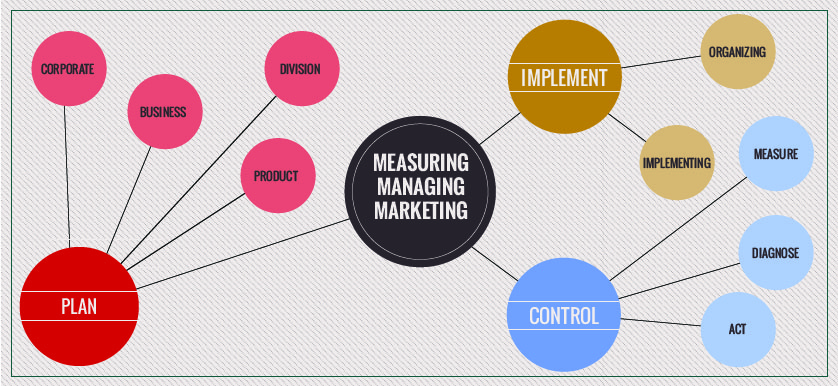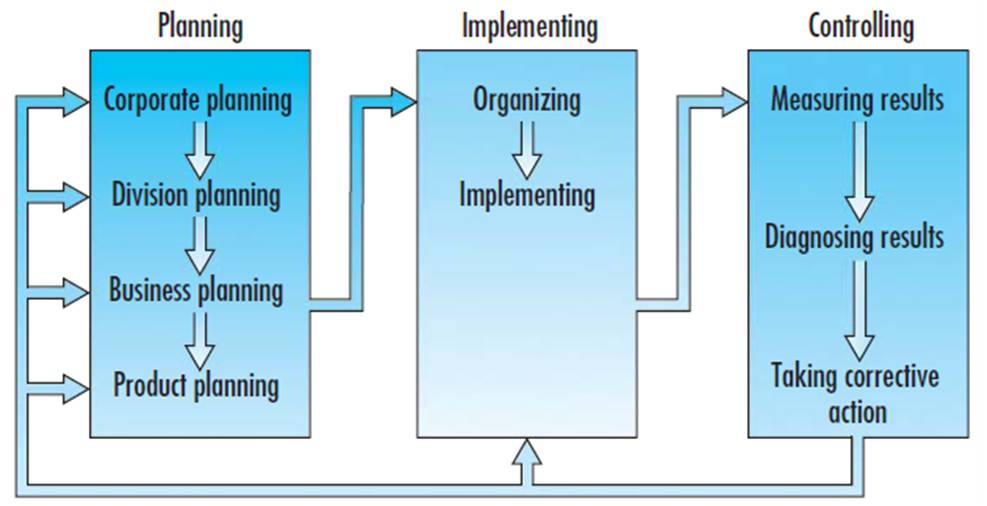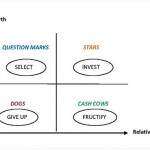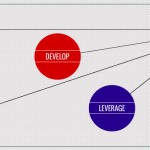Measuring or managing marketing performance?
Oftentimes, maybe due to the fact that increasing pressure is put on marketers to show in numbers the results of their actions and the budget they consume, companies strive too much to measure their marketing performance and forget or find it hard to actually manage it.
A CMG Partners and Chadwick Martin Bailey study conducted in 2009 has revealed some interesting findings that shed some light on the difficulties that marketers and CMOs face in their marketing management and measurement process, such as:
- Only three quarters of the respondents consider they properly fructify the results of the measurement;
- Some of the most common barriers in the measurement and management process are the poor ability to create alignment with other functional areas (especially sales and finance), the low commitment from top-management and resistance to change.
In such a context, a solution would be that of putting a greater emphasis on the process of actually managing performance, in the sense of properly planning, implementing and coordinating and only afterwards measuring and evaluating results.
Philip Kotler offers a comprehensive approach towards marketing management, as in the figure below:
The Strategic Planning, Implementation and Control process
It can be seen that measuring results is only one of the stages in the process, and that aspects such as planning (with contributions from other departments, such as the above mentioned sales and finance) or decision-making are at least as important as measuring and that all these stages are related.
As regards the control process, Kotler (2002) identifies for types of control, as it follows:
- Annual plan control, that evaluates the extent at which the company fulfills the objectives established in its annual marketing plan (usually referring to market share, sales analysis, marketing expenses, customer portfolio etc.);
- Profitability control, with regards to different markets, products, distribution channels or customer groups;
- Efficiency control, in terms of advertising or promotional campaigns;
- Strategic control, in the shape of marketing audits, marketing excellence or marketing ethics and social responsibility assessments.
References
- CMG Partners & Chadvick Martin Bailey (2010), The Marketing Performance Advantage. Improving Effectiveness and Accountability, (accessed 6 January 2011).
- Kotler, P. (2002), Marketing Management, Millenium Edition. Custom Edition for University of Phoenix, Pearson Custom Publishing, Boston, MA.
Image Source:
- Kotler (2002)

Tags: Marketing performance, Philip Kotler Marketing Management, Theory







